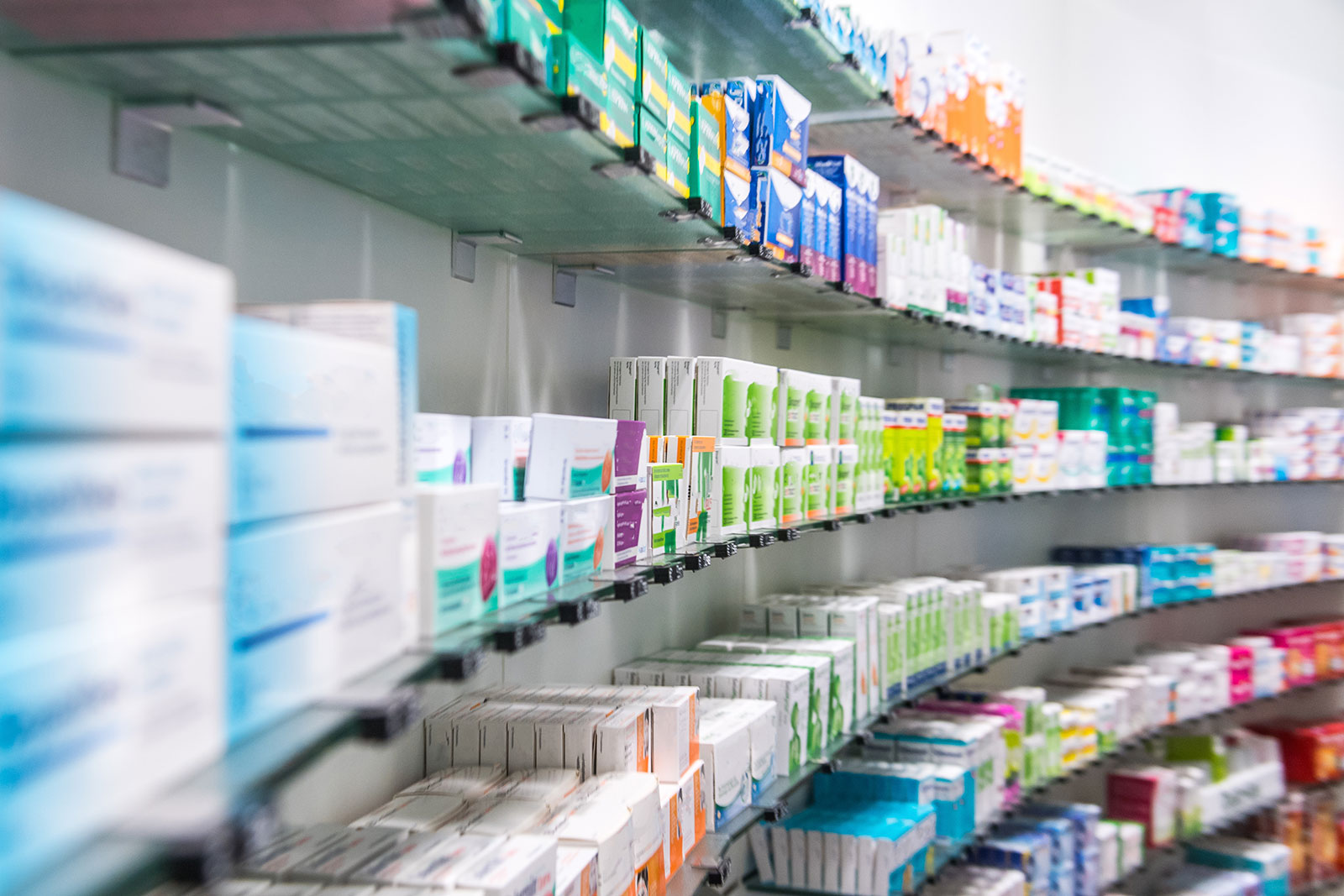Orphan Drug Designation (ODD)
Orphan Drug Designation (ODD)
Approximately 26 million people living in the European Union suffer from a rare disease. Development of medicinal products for such rare conditions is therefore encouraged by the EMA by granting various incentives to sponsors of these “orphan drugs”:
- For example, EMA offers advice for orphan drugs on the types of studies needed to demonstrate the quality, benefits and risks as well as the significant benefit of the orphan medicinal product (EMA Protocol Assistance).
- Further, marketing authorisation applications for orphan medicinal products are assessed via the centralised procedure, giving the future marketing authorisation holder access to the entire EU market.
- Orphan medicinal products benefit from a ten years period of market exclusivity. This period of protection is extended by an additional two years for orphan medicinal products that have also complied with an agreed paediatric investigation plan granted at the time of the review of the orphan drug designation.
- Sponsors of orphan drugs are also eligible for reduced fees for some regulatory activities, with additional fee reductions possible for sponsors with SME (Small and Medium-sized Enterprise) status.
However, sponsors of orphan medicinal products must demonstrate that the condition for which their drug candidate is developed fulfils the following criteria in accordance with Regulation (EC) No 141/2000:
- The orphan medicinal product must be intended for the treatment, prevention or diagnosis of a disease that is life-threatening or chronically debilitating.
- The condition affects no more than 5 in 10,000 persons in the EU when the application is made, or that it is intended for the diagnosis, prevention or treatment of a life-threatening, seriously debilitating or serious and chronic condition in the Community and that without incentives it is unlikely that the marketing of the medicinal product in the Community would generate sufficient return to justify the necessary investment.
- No satisfactory method of diagnosis, prevention or treatment of the condition concerned is authorised, or, if such a method exists, the orphan medicinal product must provide significant benefit.
Applications for orphan drug designation are reviewed by EMA’s Committee for Orphan Medicinal Products (COMP) and the final decision is granted by the European Commission. To take advantage of the above-mentioned incentives at an early stage of development, applicants need to refer and adhere to the published submission deadlines, as the assessment of applications for orphan drug designation follows specific timelines.
Following granting of Orphan Drug Designation, it is important that sponsors maintain the product’s status by submitting annual reports on the orphan drug’s development status. Sponsors also need to submit an application for maintenance of Orphan Drug Designation at the time of the marketing authorisation application.
Holders of marketing authorisation (MA) for a non-orphan medicinal product can apply for an orphan drug designation for an additional indication. The marketing authorisation for the product in this orphan-indication will then be a new MA and has to be applied for separately.

Any Questions?
Do you have any questions? We are here to help you!
Let us know how we can lighten your way to your regulatory success!
